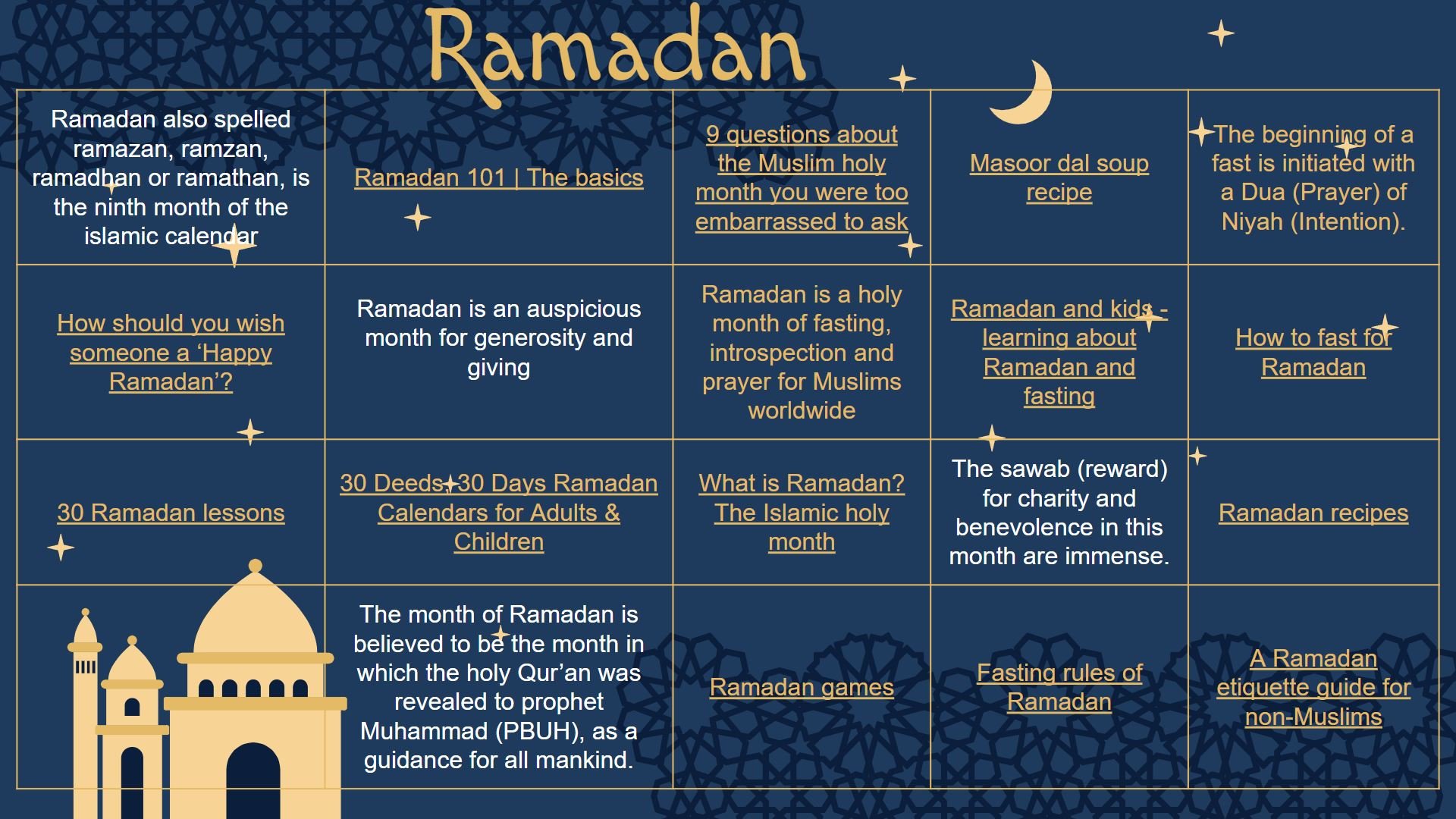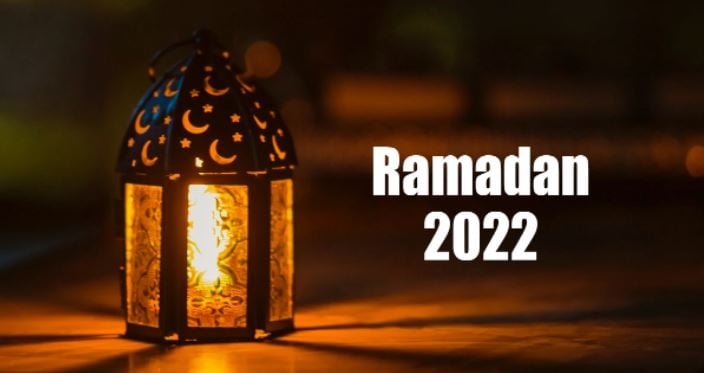What you need to know about Ramadan, how you can support students, staff and families
A note from Dr. Aaron J. Griffen, VP of Diversity, Equity, & Inclusion, Alana Raybon, School Director at DSST: Noel, and Rana Abdellatif, Student at DSST Byers HS.
Throughout the year there are observances and experiences that spotlight our diversity of cultures, backgrounds, religions and experiences in the United States. These aspects are prevalent in DSST public schools, which makes our commitment to showcase and acknowledge the richness of our diversity among our students, staff, families and communities ever paramount. We want to wish all who celebrate, a wonderful Ramadan.
Ramadan is a holy month of fasting, and this year will go from April 2 to May 1 - or May 2 (depending on the sighting of the moon). Fasting during the month of Ramadan is one of the Five Pillars that make up the core of Islam, in addition to the profession of faith (Shahada), prayer five times a day (Salat), giving alms to charity (Zakat), and pilgrimage to the Mecca (Hajj), according to BBC. During Ramadan, fasting is the most significant tradition Muslims observe, with a few exceptions for small children and individuals with illness. For those who do participate in the fasting, it is practiced from dusk to dawn and includes abstaining from eating and drinking (including water). In schools, students who observe Ramadan may receive accommodation that includes not attending lunch or recess with their peers. This is to ensure they are able to keep with their fasting.
9 Ways to Support Students During Ramadan
In Islam, Ramadan is a festive time. It is a time meant for togetherness and community. However, it can also be an isolating and lonely time for Muslim students. Luckily, there are a few simple things teachers can do to support students during Ramadan:
- Don't force students to out themselves.
- Avoid food-centric class events.
- Think carefully before having your class fast “in solidarity.”
- Reduce potentially dangerous physical activity.
- Offer time and space for prayer.
- Create an alternative space during lunch.
- Keep an eye out for students who may need additional support.
- Teach your class about Ramadan traditions and Islam.
- Consider decorating your classroom (as you would for any other observance)
The Islamic faith is practiced all around the world by all sorts of people and groups. It is the second largest religion, the fastest growing and is found on every continent, with the majority of the concentration being in Africa and Asia. Cultural responsiveness is an approach to viewing students' culture and identity (including race, ethnicity, multilingualism, and other characteristics) as assets, and creating learning experiences and environments that value and empower them.

(click here to view the links in the calendar above)
7 Ways to Support Staff During Ramadan
Just as we are supporting our students during Ramadan, it is essential that staff and families also receive support. Similarly to our students, there are ways to support them:
- Recognize you may not know who on staff is Muslim — and don't make assumptions.
- Understand that even practicing Muslims may approach Ramadan in different ways.
- Allow flexibility in meeting times and breaks.
- Understand employees may be more exhausted than usual.
- Encourage the formation of faith-based employee resource groups (affinity groups).
- Educate and celebrate with an on-site iftar, educational brown bag presentations and other activities.
- Create a more open PTO policy (Community Engagement Policy).
In order to fully support our staff members, we need to educate ourselves. As an intentionally inclusive network that is diverse by design, DSST’s commitment to the sense of belonging for all staff, students and families includes acknowledging the diverse observances and celebrations of our community and its members. To learn more about Ramadan, see the resources below:
Resources
- How Can Schools Support Students and Teachers Who are Observing Ramadan?
- It’s Ramadan. Here's How to Support Who Are Fasting
- Culturally Responsive Teaching and Leading
- How Teachers Can Support Students During Ramadan
- A Ramadan Guide for Administrators and Teachers
In Solidarity,
Aaron, Alana and Rana
